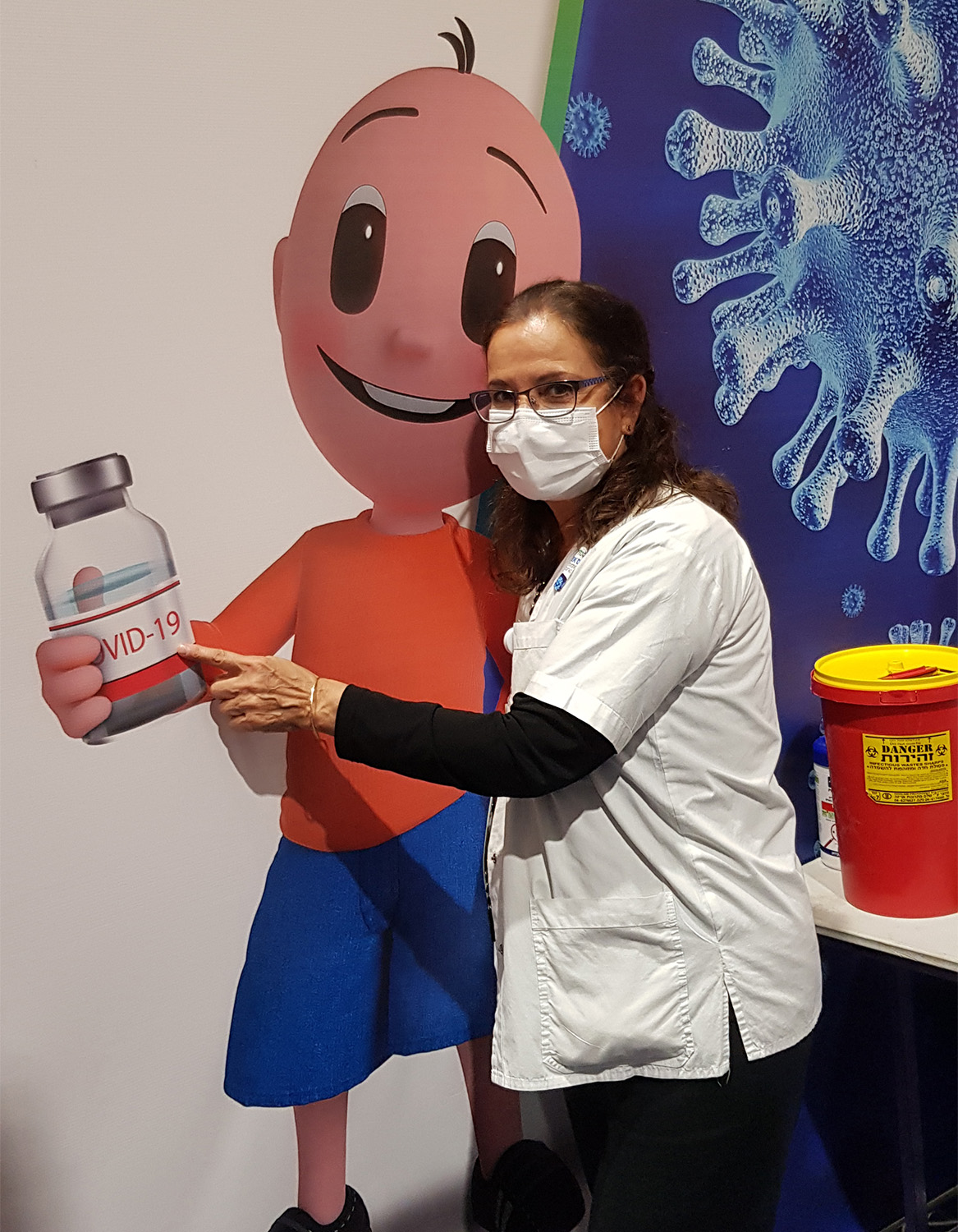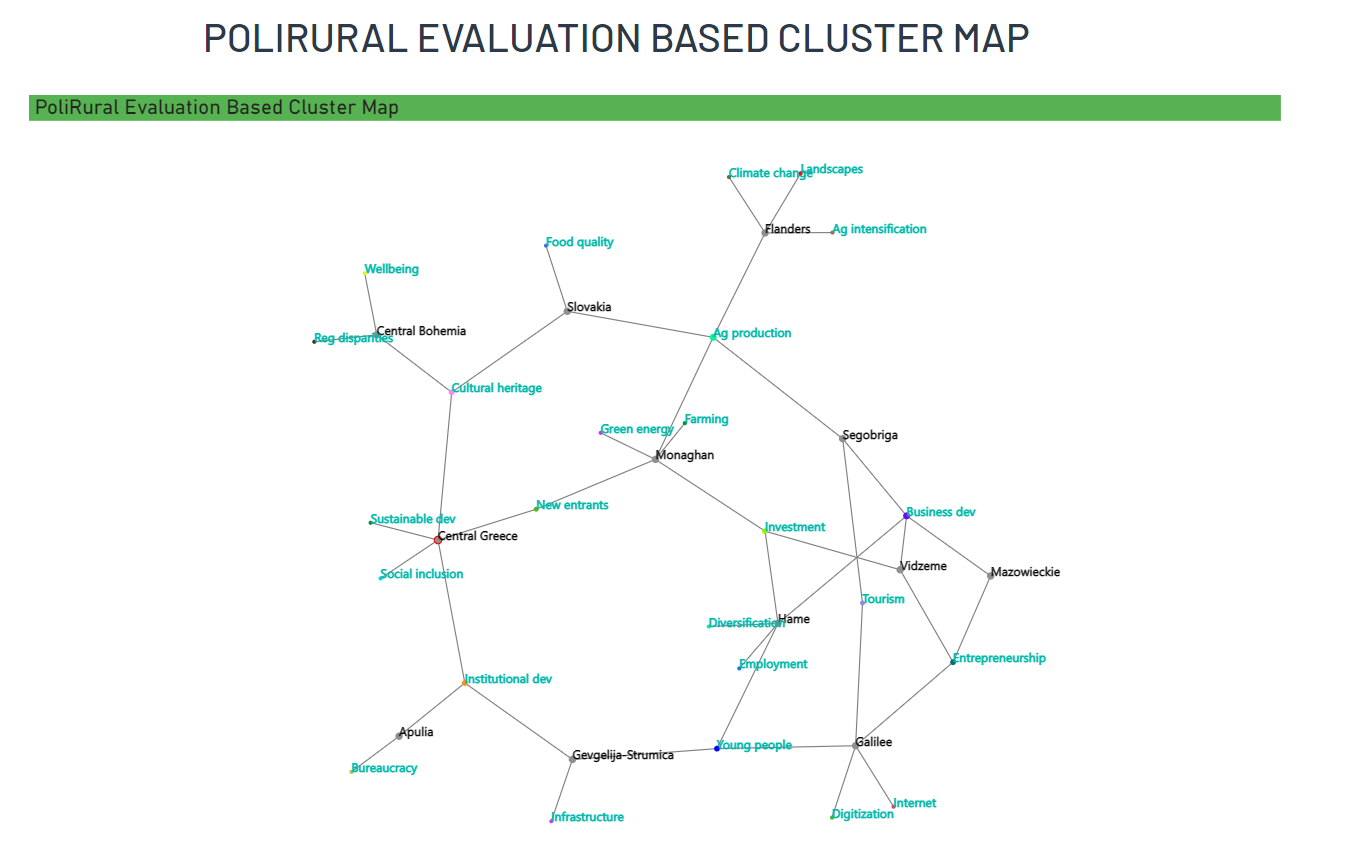Israel has a world record in the vaccination against the corona virus, but the COVID-19 pandemic has other consequences as well – it pushed many people to work from home, and many companies allow now their employees to work, at least partly, from distance. This created special conditions for people to resident and work at the Galilee remote periphery and as a result, we see requests from young families to examine possibilities to resident in the Galilee.
This emphasised the work done at the Galilee region, in the SWOT and Foresight exercises, to concentrated on the upgrading of the digitalisation infrastructure of the region to a much higher level that exists today.
We are aware that the failure rates of digital transformations in the world and companies remain high. These failures are mostly due to the unique challenges associated with digital change, including the transition from a current to digital culture and a more entrepreneurial culture needed. The world now is also emphasising the need to work in cross-disciplinary teams while the norm is to focus on specific areas and dealing with keeping up with accelerated time schedules, due to the need to quickly meet customer expectations and to adapt responses to the evolving target situations.
In the Galilee, as a result of the COVID-19 pandemic and the innovative Israeli character, most business leaders and regional authorities understand that the digital transformation is not just about technology: above all, it is about people. This makes the plan for change complicated – so a new approach is required for managing the change.
The “Core Team” of the Galilee PoliRural project therefore has defined the upgrading of the digitalisation infrastructure of this peripheral region to emphasis three key “imperatives” in successful digital conversions and regional economic development. These commands shaped the proposed methodology for management change in the current plan:
- Establishing an integrated approach, based on tangible elements, such as technology and processes, on the one hand, and intangible elements, such as social interactions, on the other; in other words, the integration of teams, in a lengthwise manner, “a transformation journey” in the whole region;
- Quick action by proactively updating required changes to meet both current and emerging needs, effectively suiting the targets;
- Adapting “classic change management levers”, such as communication, leadership, team definition, training, etc., to the needs of digitalization, in an integrated manner.
In order to achieve the PoliRural goals, the MIGAL – Galilee Research Institute join the Eastern-Galilee Cluster of the municipalities and are seeking now for a company that will examine the current situation, but mainly the needs for 2040 and develop a business plan. The plan aims to be submitted to the Israeli government in a PPP (Public-Private-Partnership) approach to implement the PoliRural programme in the Galilee. We already approached some Israeli and European entities and are waiting to find out if we will get proposal that could be submitted in this PPP approach and convince them to invest. We are open for discussions.



















